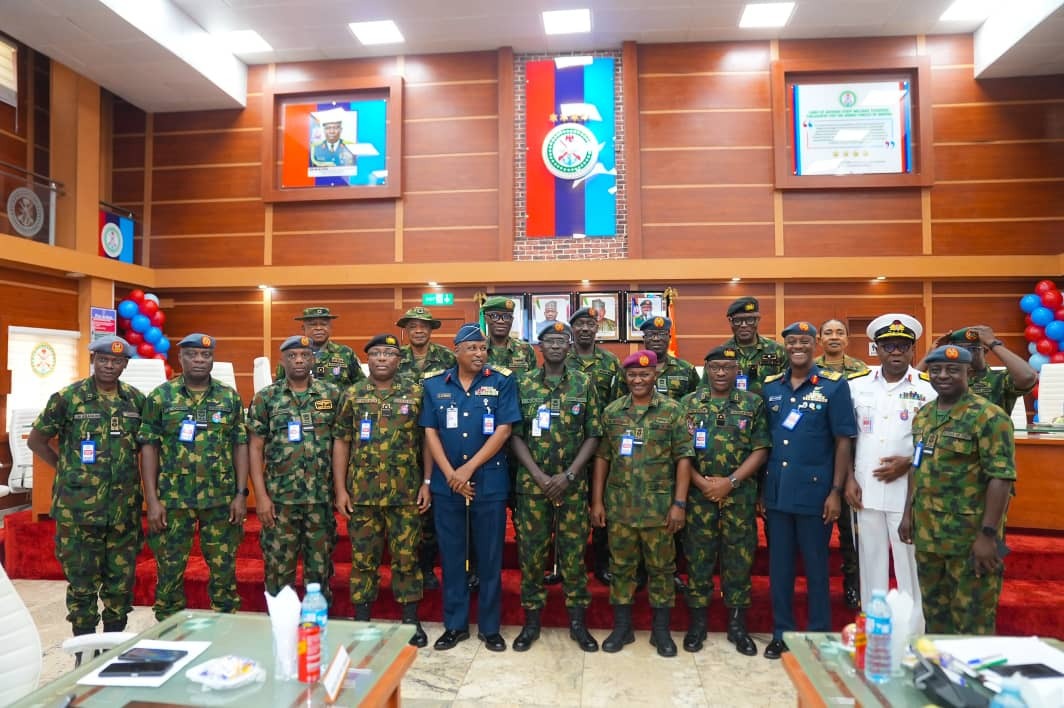
Few days before his inauguration for a second term in office, Civil Society Legislative Advocacy Centre (CISLAC) and Transparency International (TI) said President Muhammadu Buhari’s anti-corruption campaign has yielded little result.
Demanding an urgent intervention as the new cabinet is being anticipated at a press conference in Abuja Friday, the chair, Transparency International Nigeria and Executive Director, CISLAC, Auwal Musa Rafsanjani said Buhari’s government has not delivered on anti-corruption commitments made to Nigerians and to the international community.
“Having observed the disturbing trends, events and occurrences in our dear nation; noting the responses from government, groups and different stakeholders, civil society legislative advocacy centre (CISLAC) and Transparency International (TI) states with concern that corruption remains pervasive in Nigeria,” Rafsanjani said.
Buhari came into power in 2015 promising to revamp the economy, improve security and fight corruption. But the civic society organisations said corruption has only increased exponentially.
In the oil and gas sector for instance, the group said the reforms meant to address corruption in the extractive sector has fallen short of desired goals in the past four years.
“The recurrent lapses and loss to the nation in oil and gas revenue as revealed in a report by the Nigeria Extractive Industries Transparency Initiative (NEITI), which indicate the poor attitude toward the implementation of the previous report, the failure to pass into law the elusive Petroleum Industry Bill, exemplify this,” Rafsanjani said.
Rafsanjani acknowledged that the administration put in place the first-ever National Anti-Corruption Strategy in 2017, it noted that little has been done to put the strategy in motion.
“The last four editions of the Transparency International’s Corruption Perceptions Index (CPI) are a testament to a slow or even stagnant progress in the fight against corruption in the last four years with Nigeria scoring 27 out of 100 points in the 2018 CPI, the same score as the 2017 CPI and ranked 144 as opposed to 148 in the 2017 CPI. The score means that there was no change in the perception of the state of corruption in the country; Nigeria has not improved in the international comparison in regard to perception of corruption,” Rafsanjani stated.
He said implementation of key anti-corruption strategies such as the Freedom of Information, whistleblower regime, public procurement, judicial reform, educational reform, land reform, beneficial ownership, security reforms, oil and gas reform and others were marred in loopholes that jettison the anti-corruption crusade.
Indeed, the group asked Buhari to what they described as “Senseless Security votes, which accounts in total for around N241.2 billion annually, a sum that exceeds 70 percent of the annual budget of the Nigeria Police Force.
The group equally demand that the President must make defence budgets more accessible for public scrutiny; appoint civilian oversight in charge of military procurement and encourage the culture of reporting corruption within the ranks and files of the Nigerian Armed Forces.
On the whistleblowing, the bodies urged government to pass the Whistleblower Protection Bill, as a tool for sustenance fight against money laundering; ensure vibrant judicial system for judicious interpretation and implementation of the legislation; enable policy environment for whistle-blowers protection to encourage persistent report or information on misconducts and corrupt practices; and discourage continuous victimisations and unjust treatments against whistle-blowers as well as strengthen whistleblowing mechanisms by anti-graft institutions within public offices using Anti-corruption and Transparency Monitoring Unit.
On public procurement, Rafsanjani insisted on prompt inauguration of the National Procurement Council for effective coordination and oversight public procurement activities, active participation in procurement monitoring, bid opening through its established Procurement Watch Desk; integrity in the procurement process through transparency, stakeholder participation, accessibility, e-procurement system and appropriate oversight and control with full implementation of the National Procurement Act to ensure fairness, non-discrimination and compliance in the public procurement processes.
To ensure that judicial reform becomes feasible, Rafsanjani said there must be strict adherence to the rules of law by the judicial arm of government to avoid all forms of prejudicial activities; review of the controversial quota system as related to its application to the judiciary, particularly the Supreme Court and to a lesser extent the Court of Appeal; appointment of an independent individual or person who is not in the system, such as a retired Chief Justice of Nigeria, a retired President of the Court of Appeal or a respectable and experienced legal practitioner as Chairman of the National Judicial Council.






